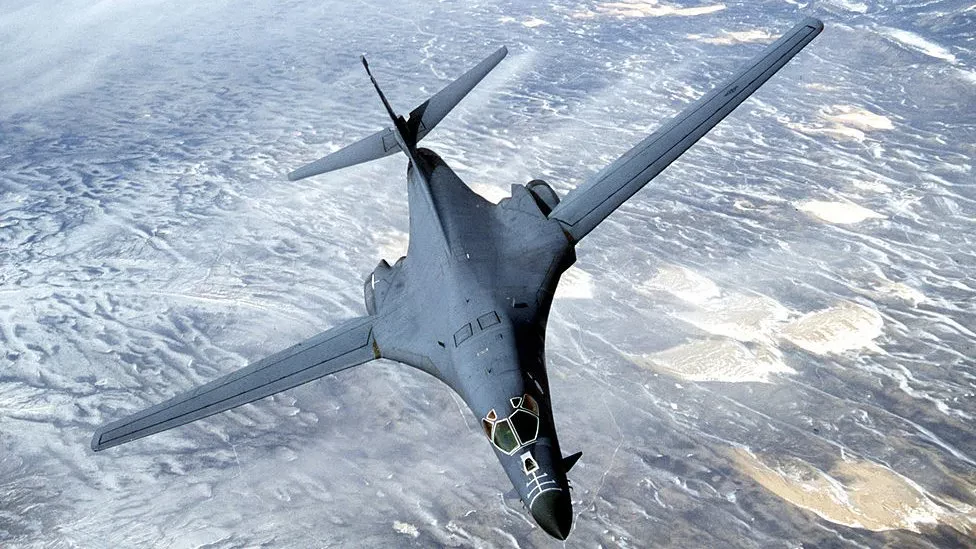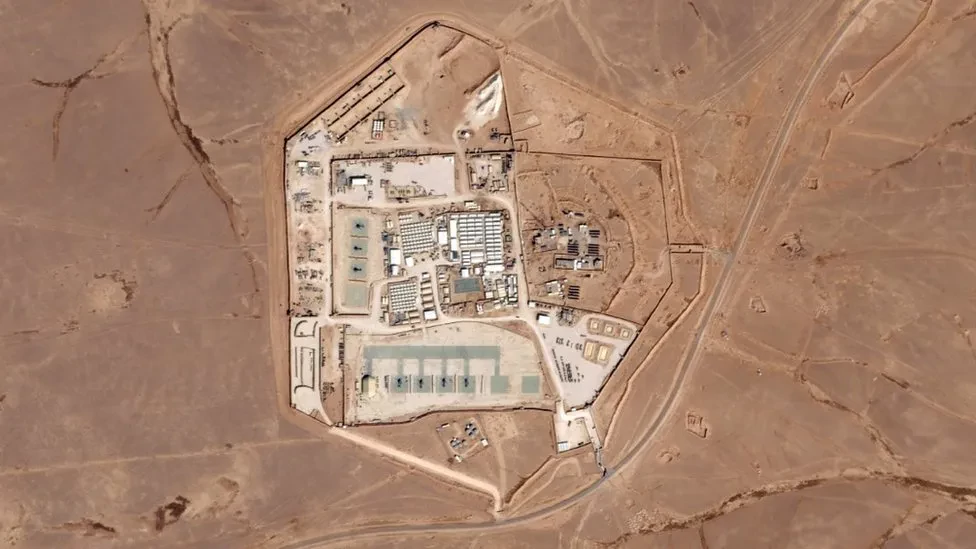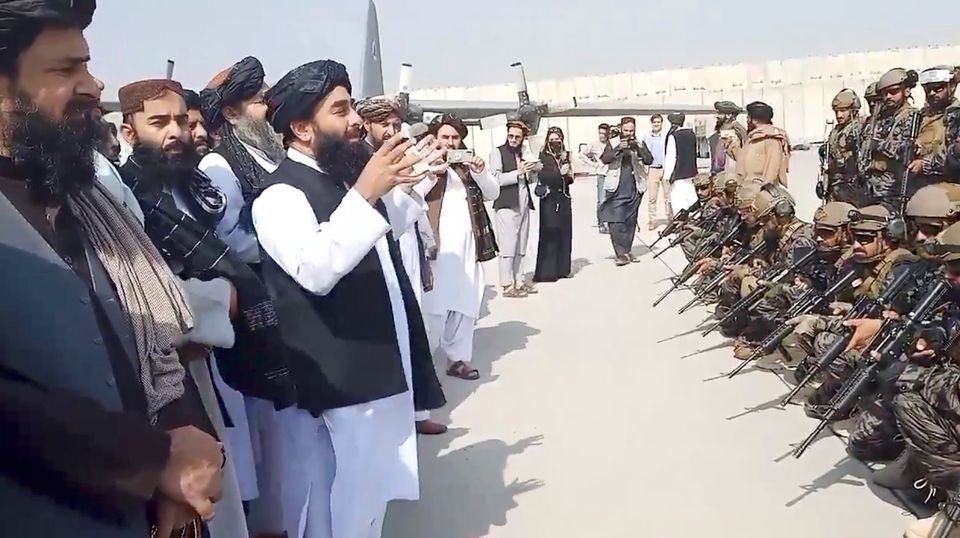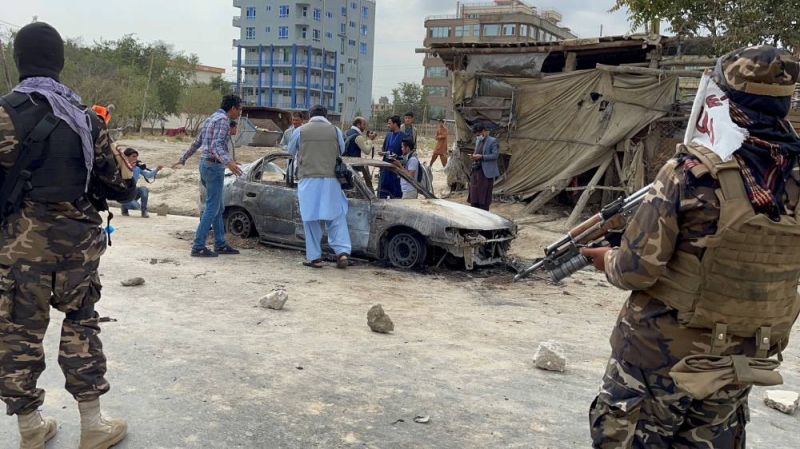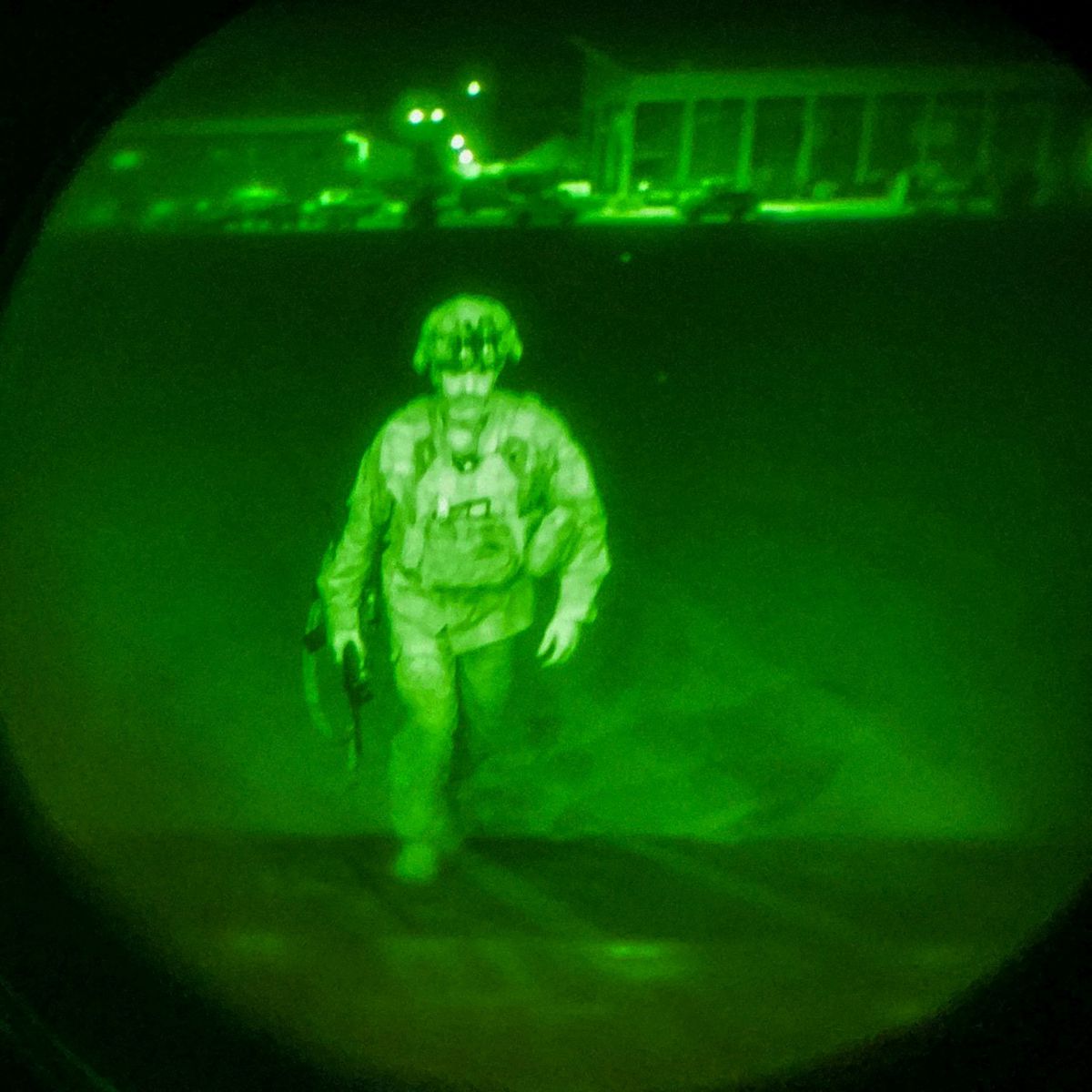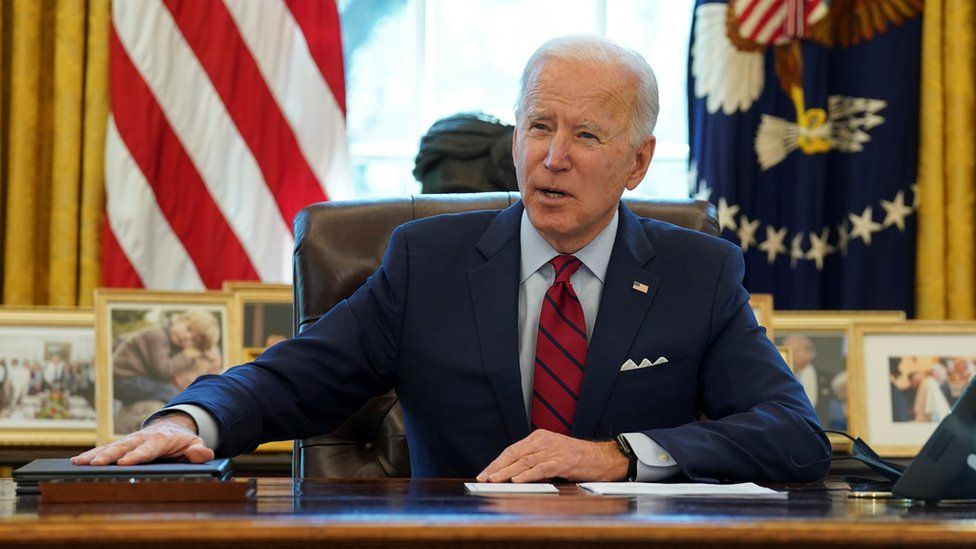
JAN 25: Russia continues to deny planning military action against Ukraine, despite massing 100,000 troops nearby.
President Biden held a video call with European allies on Monday as Western powers aim for a common strategy against Russian aggression.
The Pentagon said no decision had yet been made on whether to deploy troops.
It would only happen if the Nato military alliance decides to activate a rapid-reaction force, "or if other situations develop" around the Russian troop build-up, said Pentagon press secretary John Kirby.
There are no plans to deploy to Ukraine itself, he added.
Some Nato members, including Denmark, Spain, France and the Netherlands, are already planning or considering sending fighter jets and warships to eastern Europe to bolster defences in the region.
Over the weekend, some 90 tonnes of US "lethal aid" including ammunition for "front-line defenders" arrived in Ukraine.
As well as President Biden, Monday's video call included UK Prime Minister Boris Johnson, French President Emmanuel Macron, German Chancellor Olaf Scholz, Italy's Prime Minister Mario Draghi, Polish President Andrzej Duda and Nato chief Jens Stoltenberg.
EU leaders Ursula von der Leyen and Charles Michel also dialled in.
"I had a very, very, very good meeting - total unanimity with all the European leaders," Mr Biden said afterwards.
A Downing Street spokesperson said the leaders "agreed on the importance of international unity in the face of growing Russian hostility".
Should a further Russian incursion into Ukraine happen, the leaders agreed that "allies must enact swift retributive responses including an unprecedented package of sanctions".
Earlier on Monday, Mr Johnson warned that "gloomy" intelligence suggests Russia is planning a lightning raid on the Ukrainian capital, Kyiv.
"The intelligence is very clear that there are 60 Russian battle groups on the borders of Ukraine, the plan for a lightning war that could take out Kyiv is one that everybody can see," he said.
"We need to make it very clear to the Kremlin, to Russia, that that would be a disastrous step."
The Kremlin has said it sees Nato as a security threat, and is demanding legal guarantees that the alliance will not expand further east, including into neighbouring Ukraine. But the US has said the issue at stake is Russian aggression, not Nato expansion.
The Biden administration told relatives of its embassy staff to leave Ukraine on Sunday, and the UK has started withdrawing staff from its embassy.
Earlier, the UK Foreign Office had accused Russian President Vladimir Putin of planning to install a pro-Moscow figure to lead Ukraine's government.
The man named by the Foreign Office - former Ukrainian MP Yevhen Murayev - called the claims "stupid", while Russia's Ministry of Foreign Affairs accused the Foreign Office of "circulating disinformation".
When US Secretary of State Antony Blinken met Russia's Foreign Minister Sergei Lavrov for talks in Switzerland last week, the Russian expressed hope that emotions would decrease.
Diplomatic wrangling has failed to ease tensions, however, and Russia's currency - the rouble - has seen big falls in value. The US and its allies have threatened new economic sanctions if the Russian military moves against Ukraine.
For months now, the Ukrainians have been preparing a territorial defence force of volunteers. They are training for a possible defence of Kyiv.
One woman member, Marta Yuzkiv, a doctor in her 50s, told the BBC: "Of course I am worried. I am a peaceful woman, I don't want to have a war started. But in any case, in case it's started, I should be ready to defend the country."
Russia has seized Ukrainian territory before, when it annexed Crimea in 2014. After Russian forces seized control, Crimea voted to join Russia in a referendum the West and Ukraine deemed illegal.
Russian-backed rebels also control areas of eastern Ukraine near Russia's borders. That conflict has cost an estimated 14,000 lives, with a 2015 peace deal a long way from being fulfilled.
